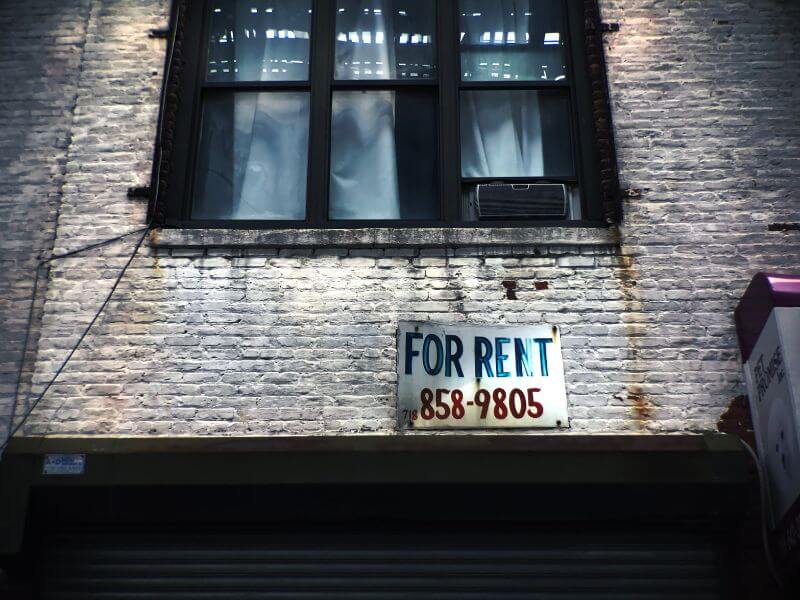When it comes to renting, you often can find two options; renting through a private landlord or through an agency. In the past, I have stuck to an agency, as agencies are much easier to research and hold accountable then private landlords, who are individuals who might try to take advantage of people. But, on the other hand, private renting doesn’t come with the fees to start with that agencies have and it’s often cheaper. I have gone from agency renting to private renting as my landlord left an agency, as well as privately rented straight from a landlord – and have learned a lot. Which I am here to share with you;
Taking Inventory
Taking inventory is one of the first things you’ll need to do when renting a house. This means you will need to walk through the house and point out each and every fault; minor water damage on the roof, the sink not working quite right, the carpet being a little worn in places. You should write down as many of these little things on your inventory – that way they are documented. It’s also smart to take pictures of the place before you fully move in, making sure the condition is documented on your end, in case there is anything funny happening with your deposit. Pictures can help show how the house was when you moved in, which can be useful if the landlord is attempting to withhold your deposit.
Deposit

Speaking of deposits, when you pay yours, your landlord will then have 30 days to put your deposit into a scheme to protect it. You should then get all of the information on this scheme, so that you can understand how to get it back at the end of your tenancy. You see, landlords don’t just get your deposit to keep – it goes into a scheme, where a third party holds the cash. Once you have left your tenancy, the landlord can fight for a portion or all of that money for damages, but you as a tenant, can also fight back and get it back. It’s easier to do in a scheme and legally they need to put it there.
Insurance
You should ask your landlord if they have insurance. There are plenty of companies, like CIA Insurance, that provide insurance to landlords and take care of any problems that a tenant may have while living at the property. Instead of relying on a landlord to fix electrical issues or plumbing, they send around a professional to take care of the problems. This is especially helpful if there are some small problems in the house, as this means that they will be dealt with to a high standard and hopefully within a timely manor, as you’d be dealing with the insurance agency.
Contract

Once you have your contract in front of you, you’ll want to check it over thoroughly. At one point when renting, my landlord had put ‘no pets’ on the contract despite us talking about having a pet. He then stated that it was a standard contract, but I was having a pet, so I asked for this to be changed before I signed it. Though nothing may have come from it, I did not want to be breaking a physical contract when a verbal one didn’t match. It’s good to make sure everything you need is in your contract, as well as take notes of any fees for having to make new keys or being locked at, and take note of if you can leave your tenancy early or what happens when it expires. Your contract is legally binding, so do make sure you read it and are happy with it.
The world of renting is often hard to navigate – but everyone needs a place to live. Hopefully you can find a place to call home and don’t struggle with your landlord or come out with any horror stories!

